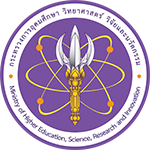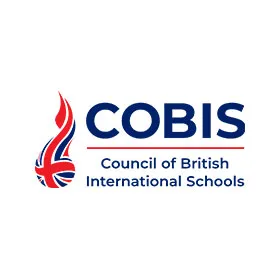Fostering genuine learning by integrating AI as a personal and pedagogical assistant from early childhood.
The conversation around artificial intelligence (AI) in education often gravitates towards the challenges of misuse and the daunting task of detection. However, to truly harness AI's transformative power, we must shift our focus from policing to pedagogy. From my vantage point in curriculum development, I firmly believe the most effective solution begins by instilling a foundational understanding of AI's role from the earliest stages of learning. This paradigm shift, where AI is seen as a supportive assistant in the student's personal development journey, is the cornerstone of future-ready education.
While methods to spot AI misuse – such as inconsistent writing styles, overly generic responses lacking personal voice, or a student's inability to articulate their thought process behind a submitted work – are certainly part of the current landscape, relying solely on detection is a limited and ultimately inadequate approach. It forces educators into a reactive stance, constantly playing catch-up, and fails to address deeper educational needs. True education, the kind that fosters intrinsic motivation and critical thinking, demands a more proactive and integrated strategy.
The solution lies in a profound re-education, starting as early as Kindergarten (K1). Imagine teaching young children that AI is not a magic answer-machine, but a helpful "assistant" (trợ thủ) on their learning adventure. For a K1 student, AI might suggest different ways to draw a cat or offer simple facts about animals, allowing the child to explore creatively without being stuck. As they progress, students can learn to leverage AI to organise their thoughts for an essay, summarise complex texts, or even proofread their own writing, enabling them to focus on higher-order thinking and personal expression, rather than mundane tasks. This approach cultivates self-awareness and proactiveness, empowering students to use AI as a tool for deeper engagement, not a shortcut.
This vision extends to our educators, transforming them into "architects of learning journeys". AI can become the teacher's indispensable assistant, handling repetitive administrative tasks, analysing student performance data to identify learning gaps, and even suggesting personalised learning pathways tailored to each student's unique needs and pace. As a Google Certified Coach and a Magic School Certified Trainer, I've seen firsthand how AI can free teachers to dedicate more time to mentorship, foster critical thinking, and facilitate collaborative projects. This allows teachers to shift from content delivery to becoming genuine facilitators of personalized, impactful learning experiences.
The ultimate beneficiaries of this integrated approach are the students themselves. By experiencing AI as a supportive partner that personalises their learning journey, they develop a sense of ownership over their education. This fosters deeper understanding, enhances skill development, and instills a lifelong appreciation for learning, rather than merely seeking simple, readily available answers. This, fundamentally, is what constitutes truly "right education" in the AI era — moving beyond basic deterrence to cultivate a collaborative learning ecosystem where both students and teachers thrive with AI as their trusted ally.
The real answer to navigating GenAI's presence in education is not found in more sophisticated detection methods, but in a fundamental shift in our pedagogical philosophy. By embracing AI as an invaluable assistant from early childhood, empowering students to harness it for personal growth, and transforming teachers into architects of personalized learning journeys, we move towards an education system where technology serves genuine intellectual development. This proactive, education-first approach aligns with my commitment to fostering inclusive, equitable, and high-quality learning experiences, ensuring that the benefits of AI are fully realised in shaping capable, self-aware, and ethically-minded global citizens.
.png?ext=.png)

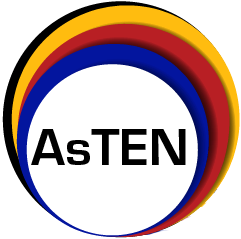
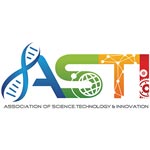

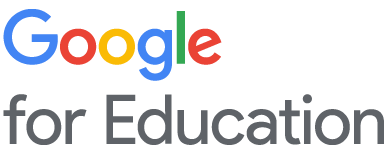


.png?ext=.png)


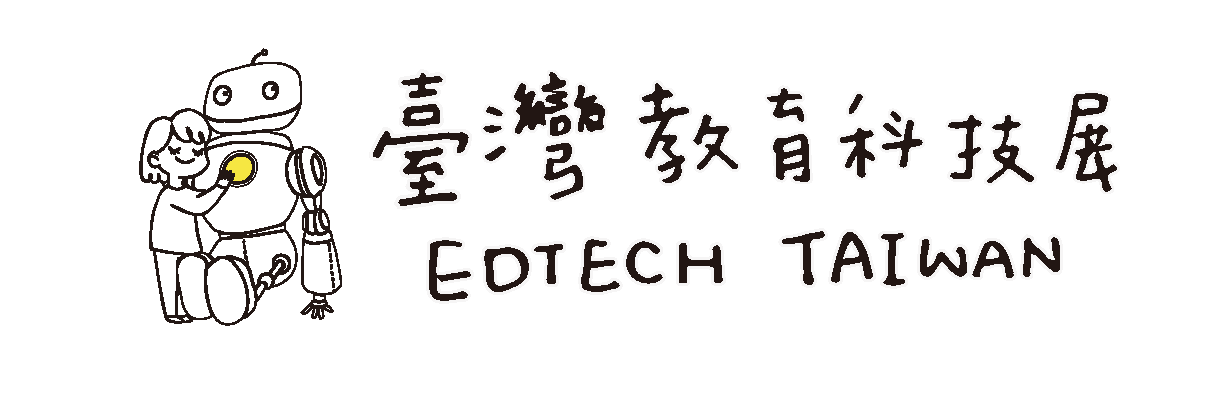

.png?ext=.png)
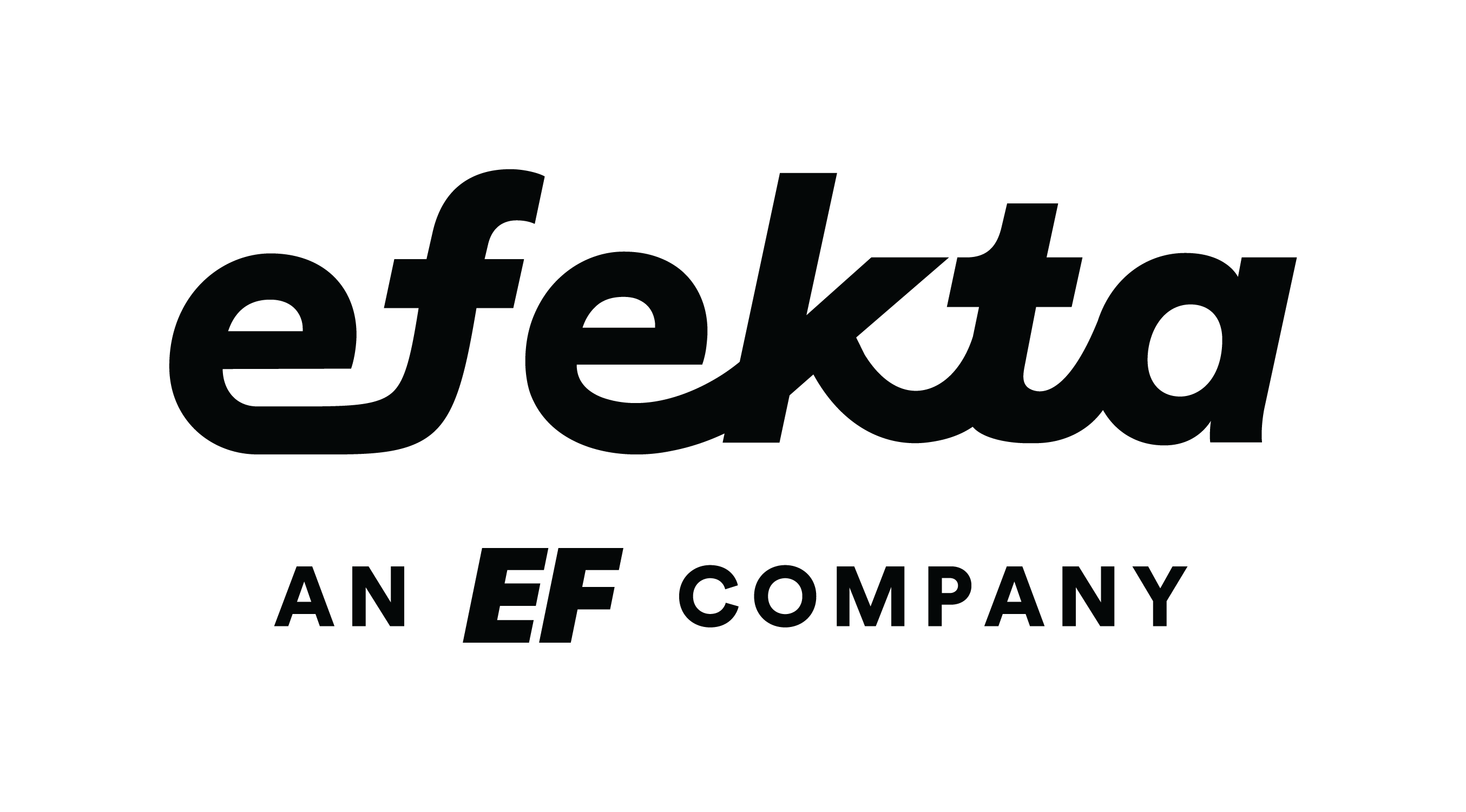
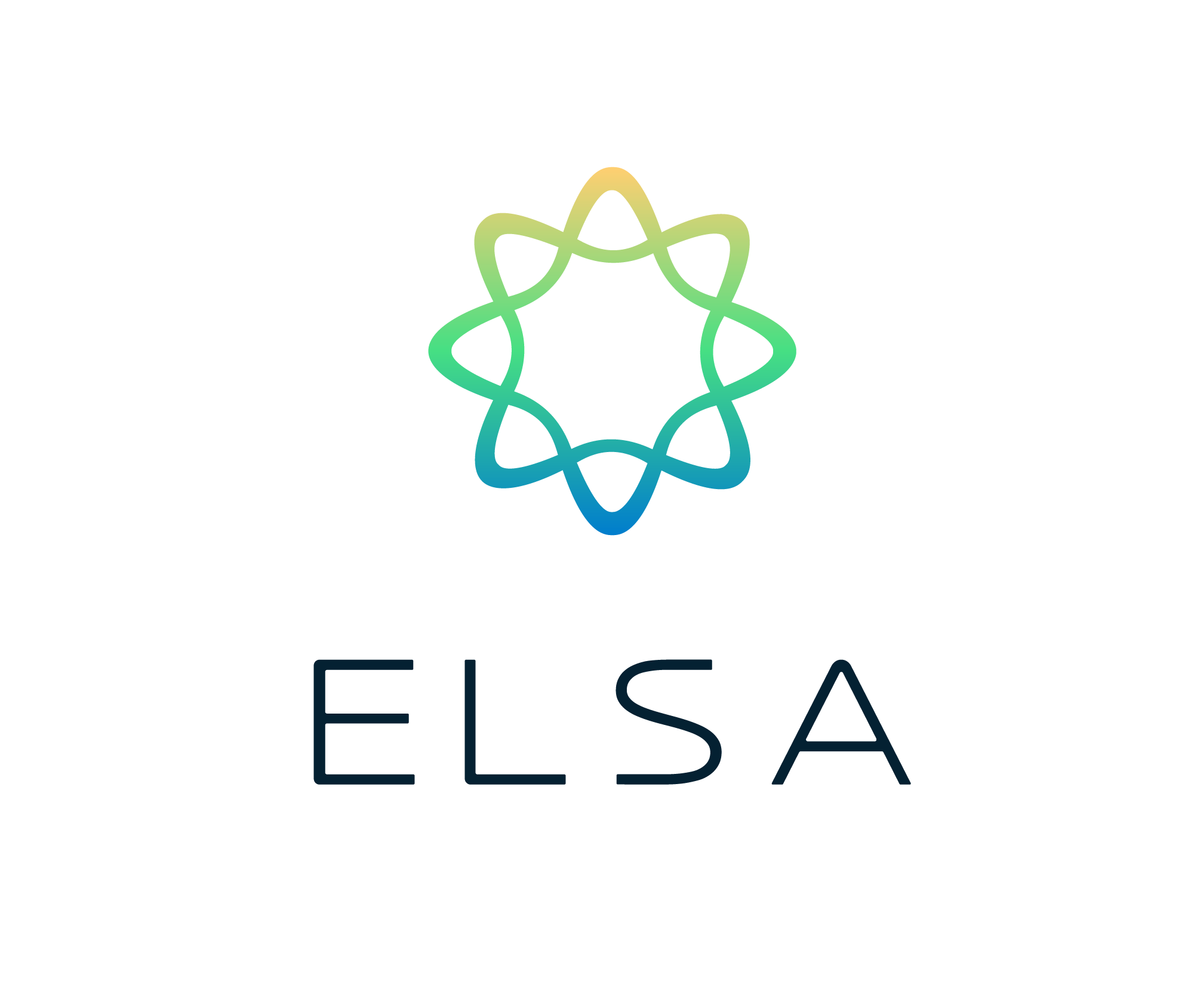
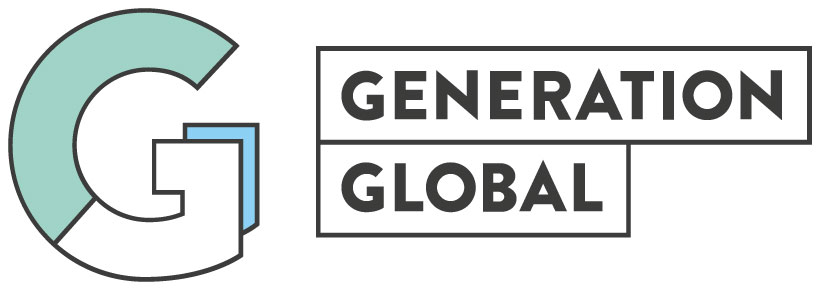
.png?ext=.png)
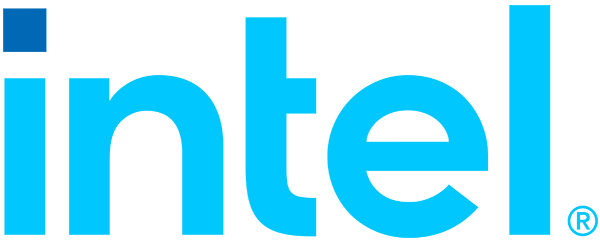
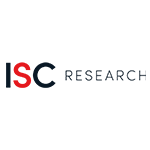





.png?ext=.png)

.png?ext=.png)

.png?ext=.png)

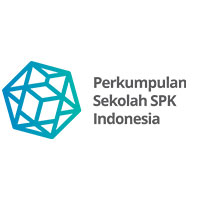

-4000px-(2).png?ext=.png)
